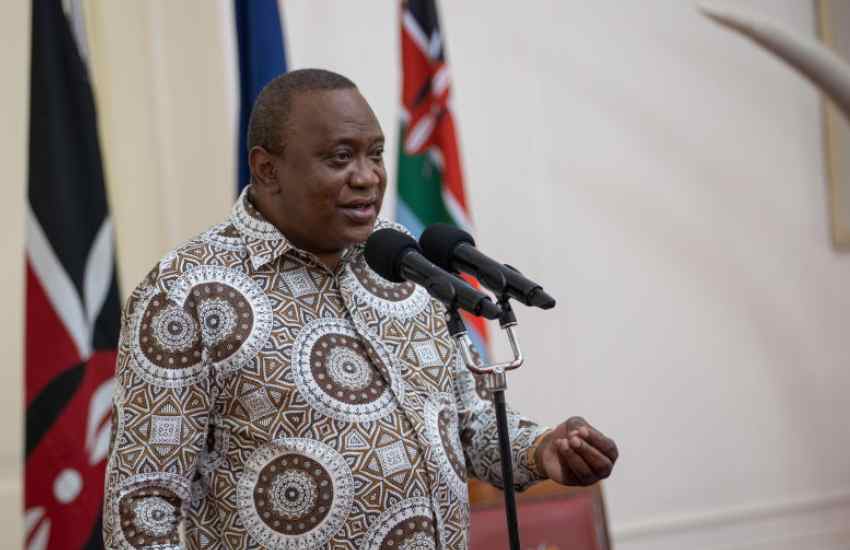
Asbel Kiprop, the disgraced 1500m Olympic gold medalist and three-time World Athletics Champion, loved to leave it to the last of the 3.75 laps before dashing off at lightning speed to the finish line. As the race started, he would fall behind - not so far off, but not in the leading pack. His pace at times looking feeble, out of place, worrisome. Perhaps he was studying his competitors and organising his thoughts.
Though it worked, many wondered about its wisdom. “I reserve my energy for the last kick,” he once told a curious reporter. But he soon realised that the final kick couldn’t fire him forward. He faded away from the frontline and was often left gasping for air. Then followed accusations of doping and Asbel became 'has-been'.